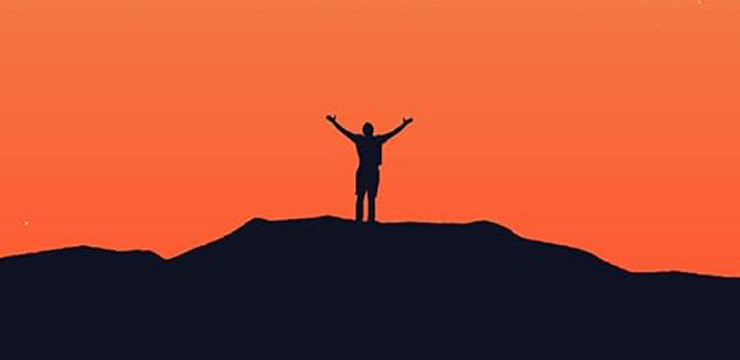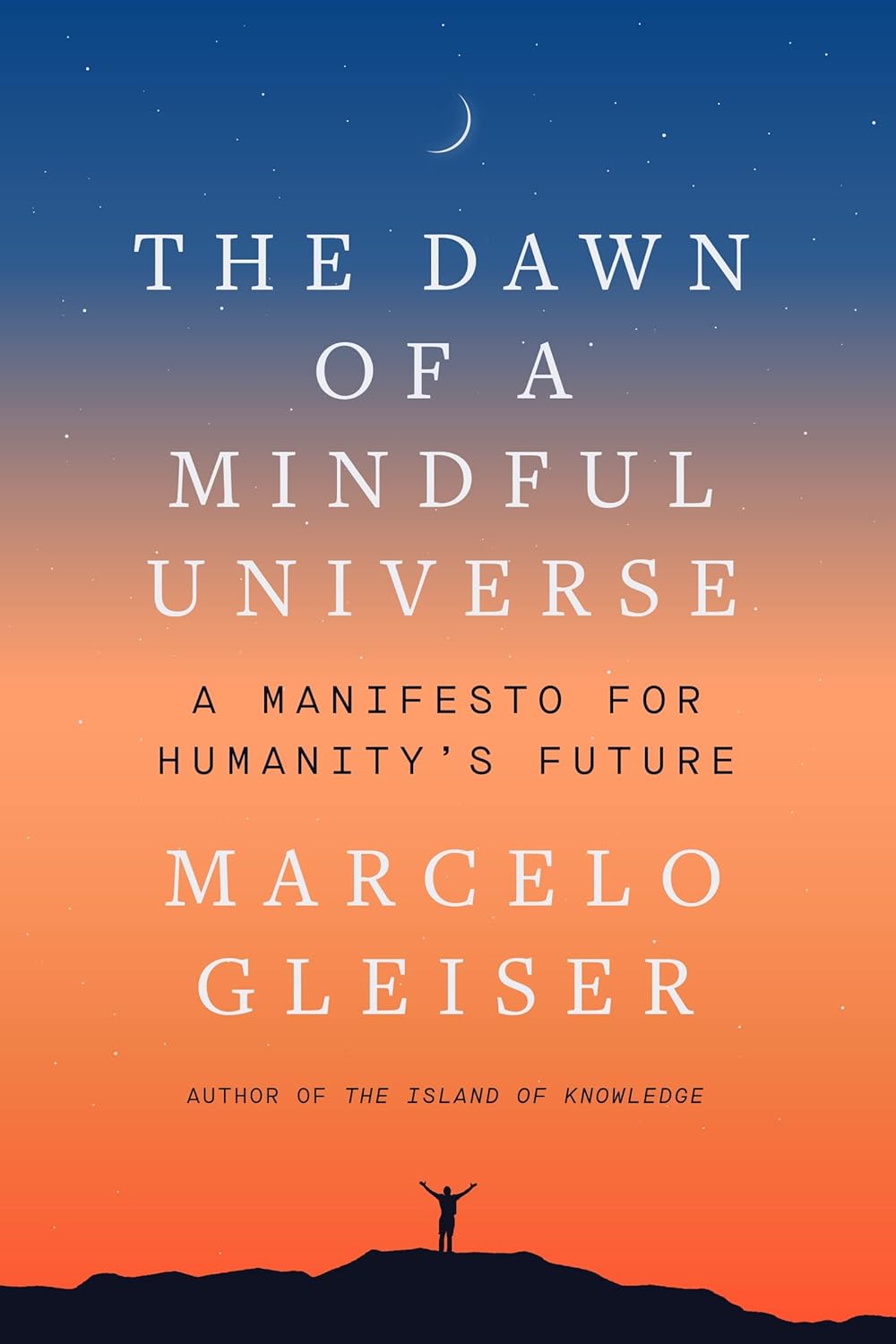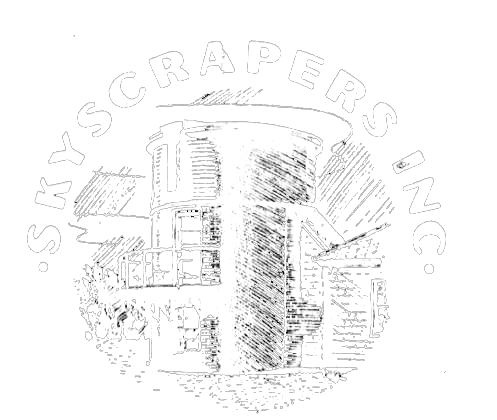
Book Review: The Dawn of a Mindful Universe: A Manifesto for Humanity’s Future
June 2024 :
Book Review: The Dawn of a Mindful Universe: A Manifesto for Humanity’s Future
by Marcelo Gleiser, New York: HarperCollins, 2023, ISBN 978-0-06-305687-9, hardbound, $29.99 US
Reviewed by Francine Jackson
 It isn’t often that an author dedicates his book to “Earth, the planet that makes our story possible,” but on finishing this, the reason becomes very clear.
It isn’t often that an author dedicates his book to “Earth, the planet that makes our story possible,” but on finishing this, the reason becomes very clear.
At first, it seemed to be another historical piece, with some tidbits that aren’t normally described, such as a church canon coming to visit an aging astronomer to deliver his life’s work, a book thirty years in the making: On the Revolutions of the Heavenly Spheres, by Nicholas Copernicus, but with an addendum, a preface almost mocking the book as a work of fiction!
The author introduces himself as a person who was always fascinated with the concept of Nature, collecting plants and animals in his grandparents’ backyard, until, upon their passing, the property was sold, and the new owners clear-cut the land. He then apparently realized the importance of science and purpose, and went on to earn his Ph.D. in physics and astronomy, following the progression of the early thinkers and their work in changing the universe into what it is today: From Galileo to Newton, Kepler to Le Verrier, and so many others. He lauded Christian Doppler and the magic of waves, both sound and light, and how they showed him the magic of star motion.
Halfway through the book, the author introduces the concept of life; how it is believed to have begun here on Earth, and could this same concept occur elsewhere. He even compares life to the “lives” of such entities as fire, hurricanes, and stars, and states that, even though we do refer to them as having life, there is so much more to us than them.
Finally, the reader comes to apparently the real reason this book was written: the author’s musing on how and what we should be doing to preserve the only planet we have. He acknowledges that all living beings – plants, as well as animals – have a need to survive, but no one but humans can do what has been done to our planet, and how we can give back to it to allow it to survive as well. He has given the reader what he believes are values necessary to “change the current course of civilization.” Can they be followed? He believes they must be, to keep our planet for the coming civilizations. After reading this book, and we hope you do, decide for yourself.



